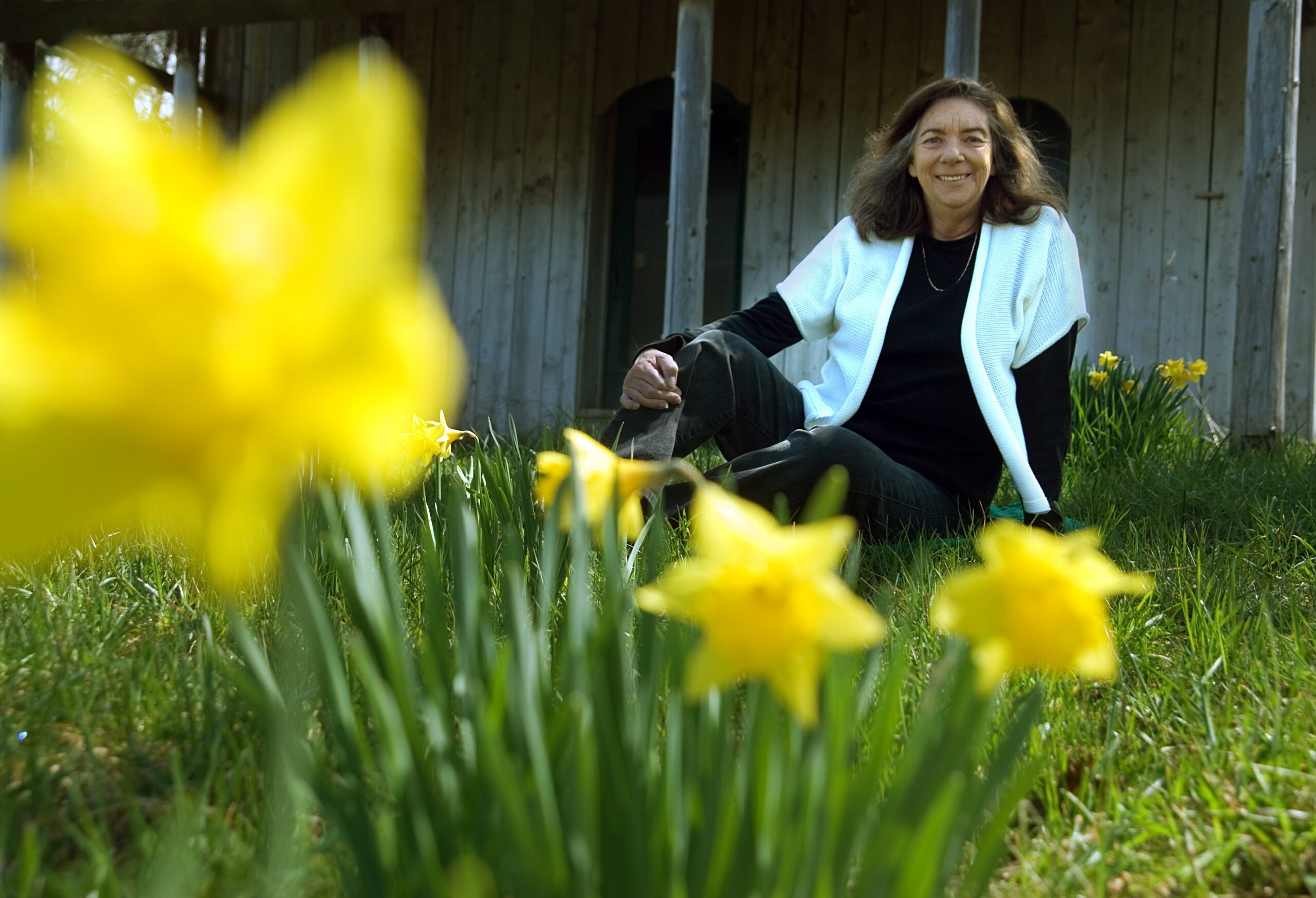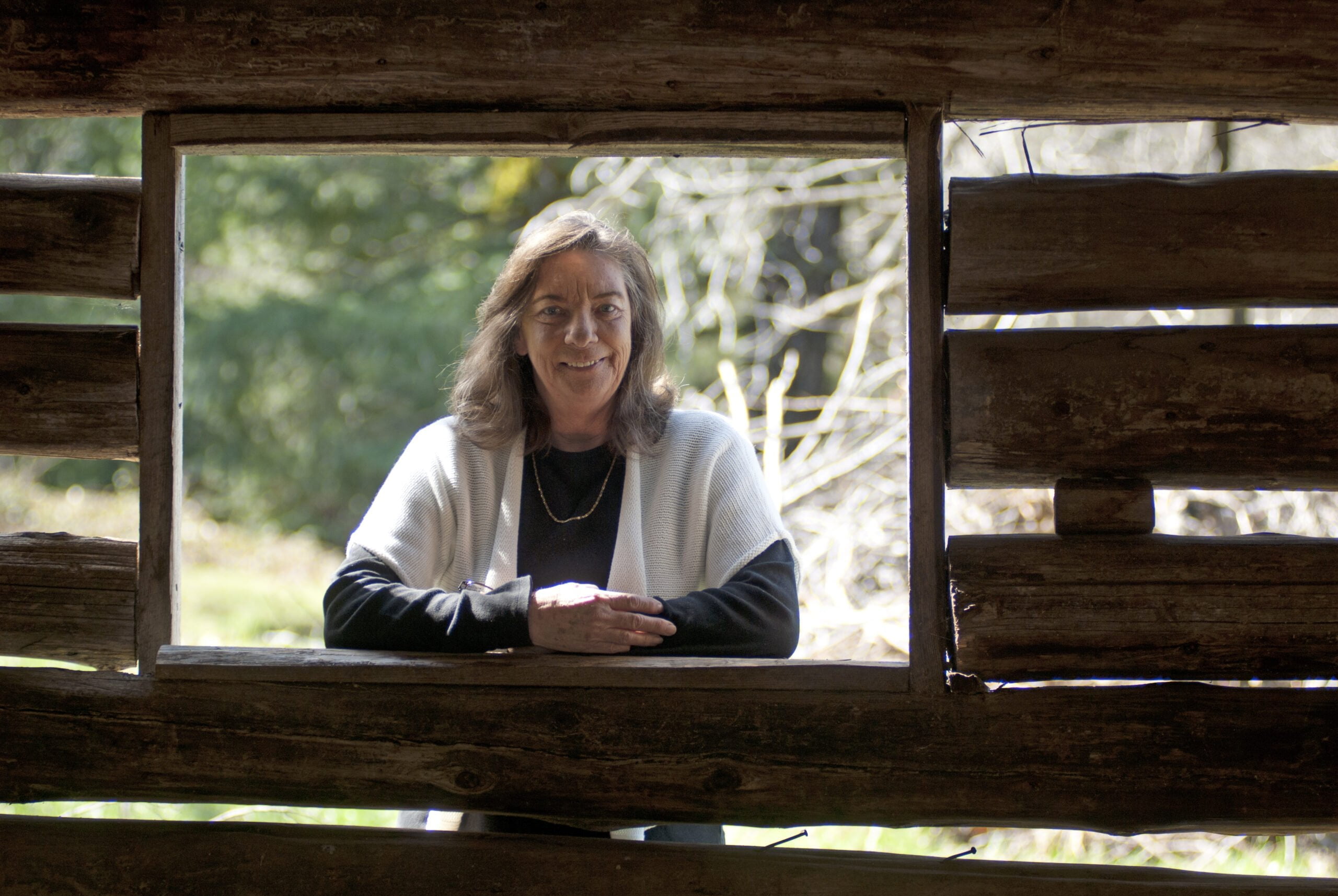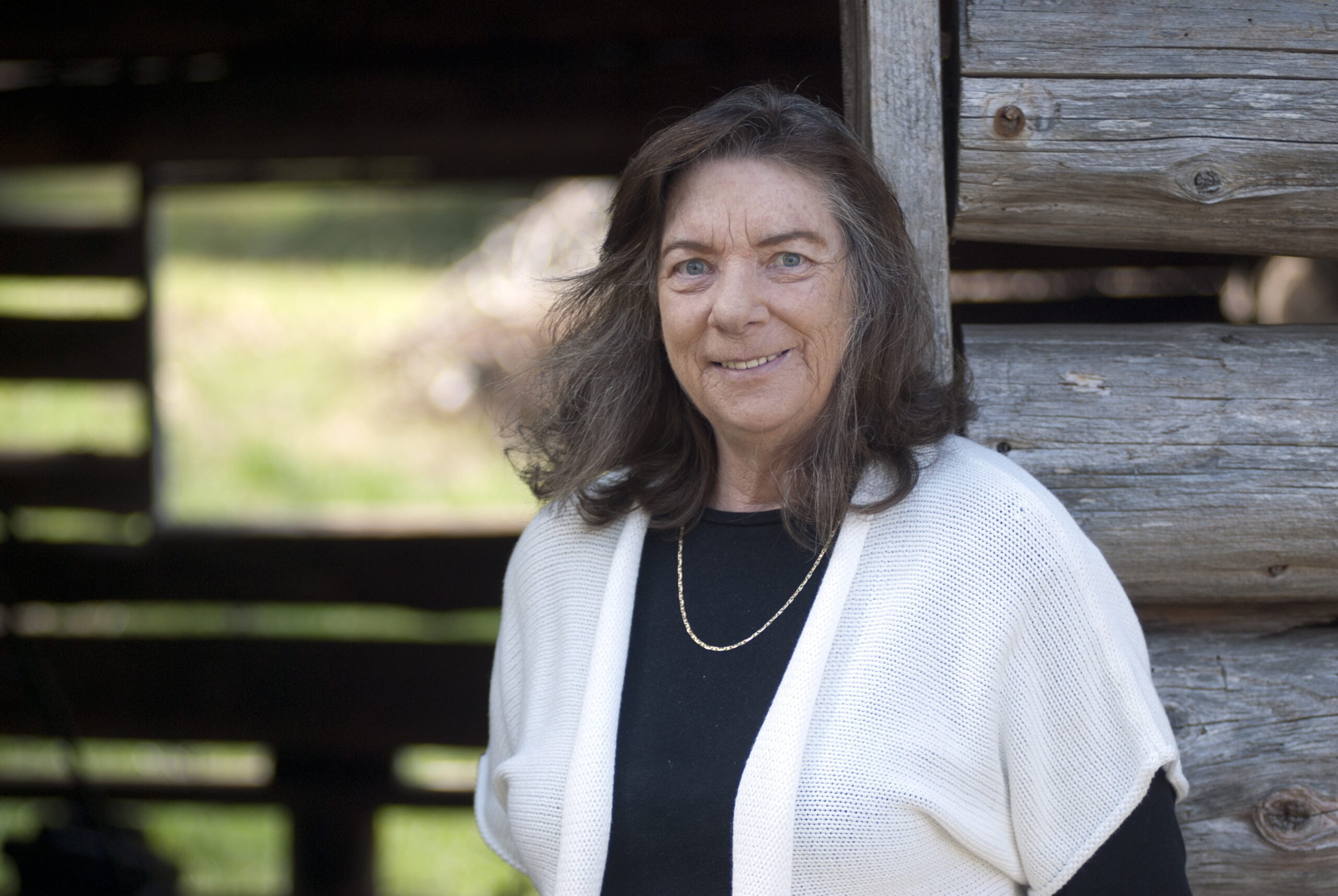

“My name’s Mary, and I live in Montgomery Creek in the mountains where it’s beautiful and isolated. When I started feeling sick 20 years ago, I was confused and didn’t know what was wrong. I never felt suicidal, but I felt like there was nothing for me in this life. I wondered why I was here.
Sometimes people have to hit rock bottom before they can get back up. But a lot of these tough stories have happy endings.”

“I had a good childhood. I always felt loved and wanted. But when I got sick, I was caring for a quadriplegic man. For a year and a half, I worked at night and slept during the day. I was burned out and isolated. I have a son who I don’t see, and he had kind of disowned me. I got very depressed, and I cried a lot.”

“I really rely on my medications to make me feel better. It took a couple of years to find the right one. At one point, I was on six different kinds of anti-depressants, and I was just out of it and crying a lot. I went to another doctor, who diagnosed me as bipolar, and put me on one new medication that worked.
I suggest that you don’t get on too many medications. It doesn’t help. Often there is a medication that will work for you, but it took me a while before I figured out what was right for me.”

“My family was very supportive. When I was too irritable or not being myself, they’d let me know. They were there for me even when they didn’t like how I behaved. Joe helped by not criticizing and by giving me lots of hugs. He was just there for me emotionally.”

“It helped a lot when I started to see a therapist, and my man, Joe, helped me through it. In the future, we’d like to travel more and spend more time with the grandchildren. I also like photography; it brings out the artist in me.”

“Dealing with a mental illness is an everyday battle. I just learned that bipolar is predestined. It never goes away. Sometimes it’s still hard for me to get through the day. But we don’t have to feel that way. The medical field is doing a lot of things, and there are support groups that can help. You don’t have to do it alone.”

© Copyright 2021 – Stand Against Stigma – All rights reserved. | Websites By: prime42